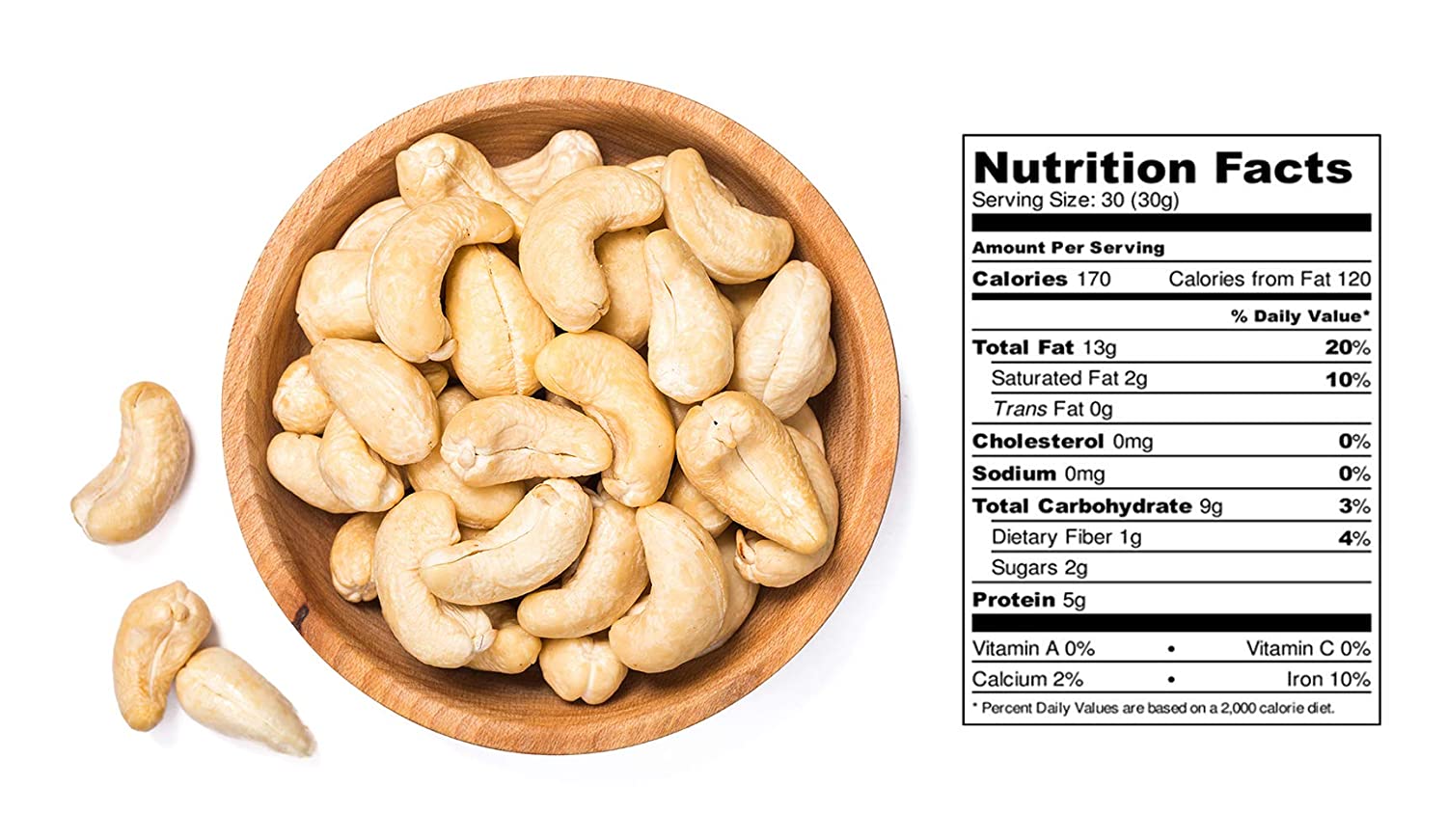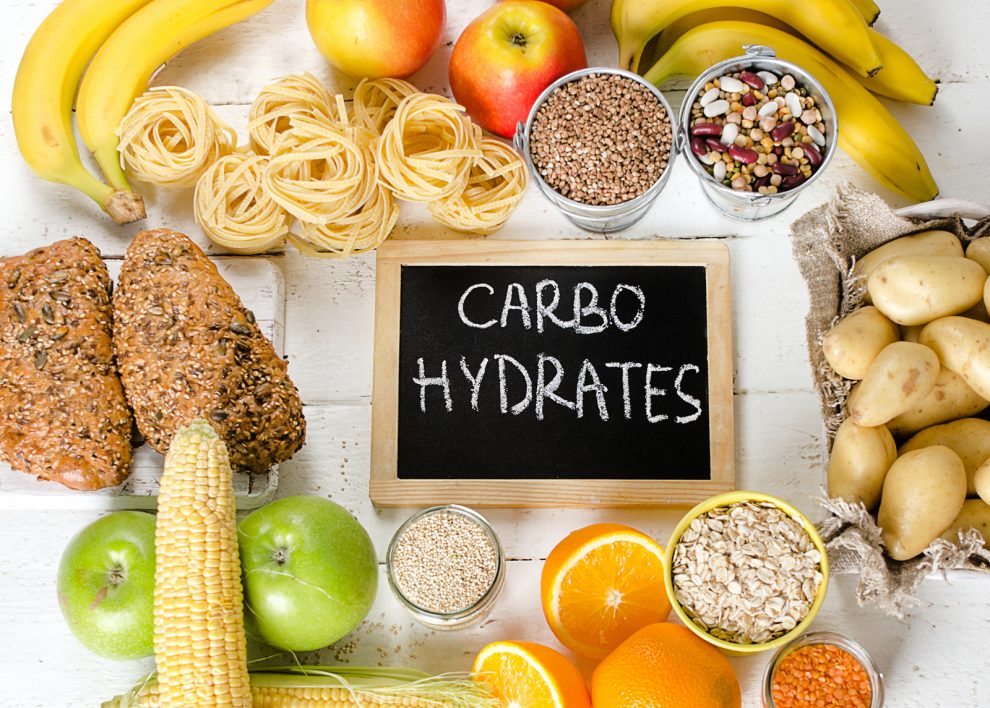
These amount of carbohydrates is the equivalent of 2 teaspoons of sugar and could cause a slight increase in your blood sugar levels. For example, 2 tablespoons of reduced-fat peanut butter contains 11.4 grams of carbohydrates and 1.7 grams of fiber, or 9.7 grams of available carbohydrates. Some nut butters, however, may contain added sugar and could definitely affect your blood sugar levels more compared to other nuts and nut butters. Like regular raw or roasted nuts, the way natural nut butter affect your blood sugar will depend on how much you consume at a time.

In other words, honey roasted almonds have about double the amount of carbohydrates found in regular almonds, but it is still a fairly low amount of carbohydrates and may not significantly affect your blood sugar levels if consumed in small amounts.Ī serving of 2 tablespoons of natural nut butter contains the same amount of available carbohydrates found in 1 ounce of whole nuts.Some nuts are coated with sugar, honey or other high-carb coating, which can significantly influence how these nuts will affect your blood sugar levels.Other raw and roasted nuts have similar nutritional value. Because they are higher in calories, it is smart to be mindful of portion control when consuming nuts or. Fat provides nine calories per gram, while protein and carbohydrate provide four calories per gram. This amount of carbohydrates correspond to the equivalent of almost a slice of bread and could raise your blood sugar levels to the same extent. Almost all nuts and seeds are relatively high in calories because they generally contain high amounts of fat. If you have a large serving, or about 1 cup of almonds, you will be getting 31 grams of total carbohydrates and 17.4 grams of fiber, which corresponds to 13.6 grams of available carbohydrates. In this case, 1 ounce of almonds contains the equivalent of available carbohydrates found in 1/2 teaspoons of sugar, which is not likely to significantly affect your blood sugar levels. Subtracting fiber from the total carbohydrates gives you a better idea of the amount of carbohydrates that can truly affect your blood sugar. Fiber does not raise your blood sugar levels, but they are part of the total carbohydrate content.


A serving of 1 ounce of almonds contain 6.1 grams of carbohydrates, of which 3.5 grams are fiber, which means that only 2.6 grams of carbohydrates are available to raise your blood sugar levels.


 0 kommentar(er)
0 kommentar(er)
